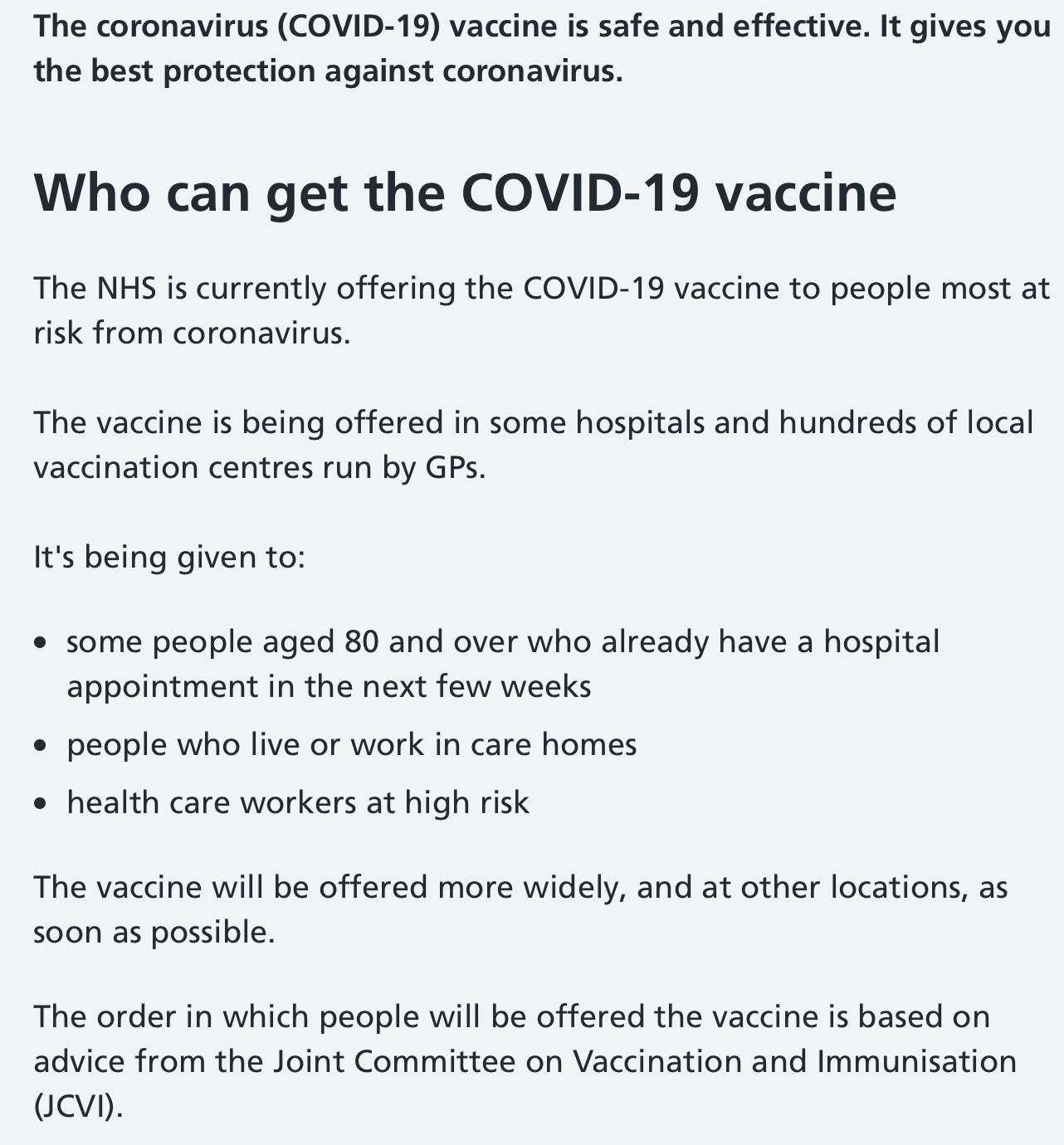
3 minute read
Should the Government impose a duty on The People to take the Coronavirus Vaccine?
pandemic as a larger issue, there is evidence to suggest that there would definitely be less people against wearing masks in the US. However, it is important to note that the trend of ‘not wearing masks’ and disregarding information given by the WHO was consistently endorsed by the President of the United States, Donald Trump, who has since caught the virus himself, therefore asserting the notion that, rather than non-governmental organisations having an impact on policy and individual opinion, leaders of Nations had to take a stronger stance against the Coronavirus.
This can be seen from the firm response from New Zealand, as well as eight other countries who have reported no new coronavirus cases as of the 17th of December
Advertisement
It is clear to see that the WHO, while having power and research teams to back its decisions, cannot do more than advise nations and leaders of nations, as well as provide resources to those who need it.
By Katie Pannick, Year 11 North London Collegiate
Covid-19 is undeniably the biggest health, economic and social crisis that this country has faced since WW2. With the recent developments regarding vaccination, the question of whether this vaccination should be mandatory arises. It is not unusual for the state to intervene when it comes to the safety of the people, and there is a general legal principle that, when appropriate, the state requires people to take certain precautions regarding health, 46
regardless of whether they want to or not. For example, everyone is required to wear seatbelts when in a car, and helmets when on a motorcycle. These are precautions that, like the coronavirus vaccine, protect not only those directly injured in the event, but also prevent damage being done to society at large from medical costs and other financial burdens. The coronavirus, like car and motorcycle accidents, inflicts a burden on society, as seen in the recent hospital crisis with a lack of hospital beds, doctors and equipment to treat other patients due to the influx of Covid-19 patients.
Another example of state intervention for the wellbeing of a nation, is the Public Health Act, which gave ministers the power to require people to isolate if they have an infectious disease. This creates a clear comparison to the question of the mandatory legislation of vaccinations, with the difference in this case being that people taking a vaccination are not yet infectious, whereas those affected by this cause in the public health act are. This mandatory isolation has
greatly assisted in reducing the spread of coronavirus, and therefore leads one to believe that mandatory vaccinations would have the same effect.
The vaccination is undoubtedly safe and effective, as it has gone through several rounds of testing. There are very strict standards it must pass before being released to the public. There will always be people who doubt this safety and are reluctant to take the vaccine. However, in this case the question is not whether the vaccine is safe enough to release, but whether making it mandatory would be the best way to persuade people to take it. For the law to compel people in this context may not be the most effective way to do so, as many will defy this law, which poses problems of enforcement, as the government has never faced something like this. To avoid all of this, it seems to be a better alternative to try to gradually persuade the population to take the vaccination, through advertisements, photos of celebrities taking the vaccine, or other forms of persuasion. This gentler method should be tried first, before any mandatory legislation, as encouraging people rather than forcing them to take the vaccine would not result in the same acts of defiance. As long as the vast majority of the population have immunity due to vaccine, this leaves rooms for some to not










